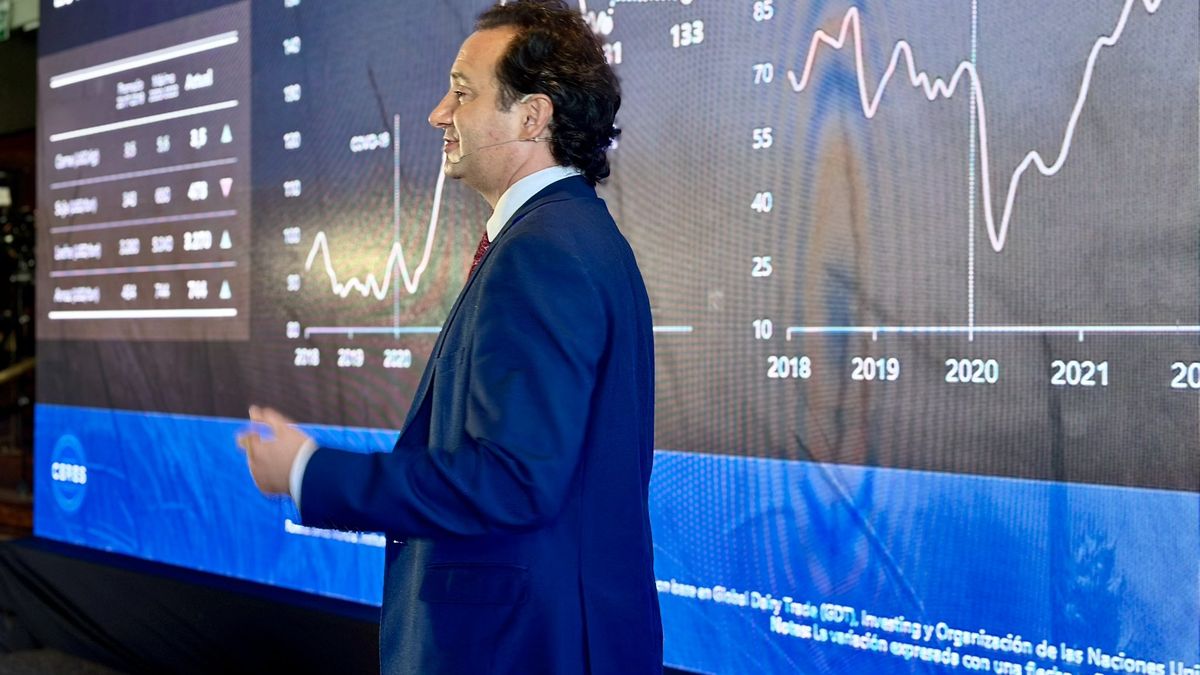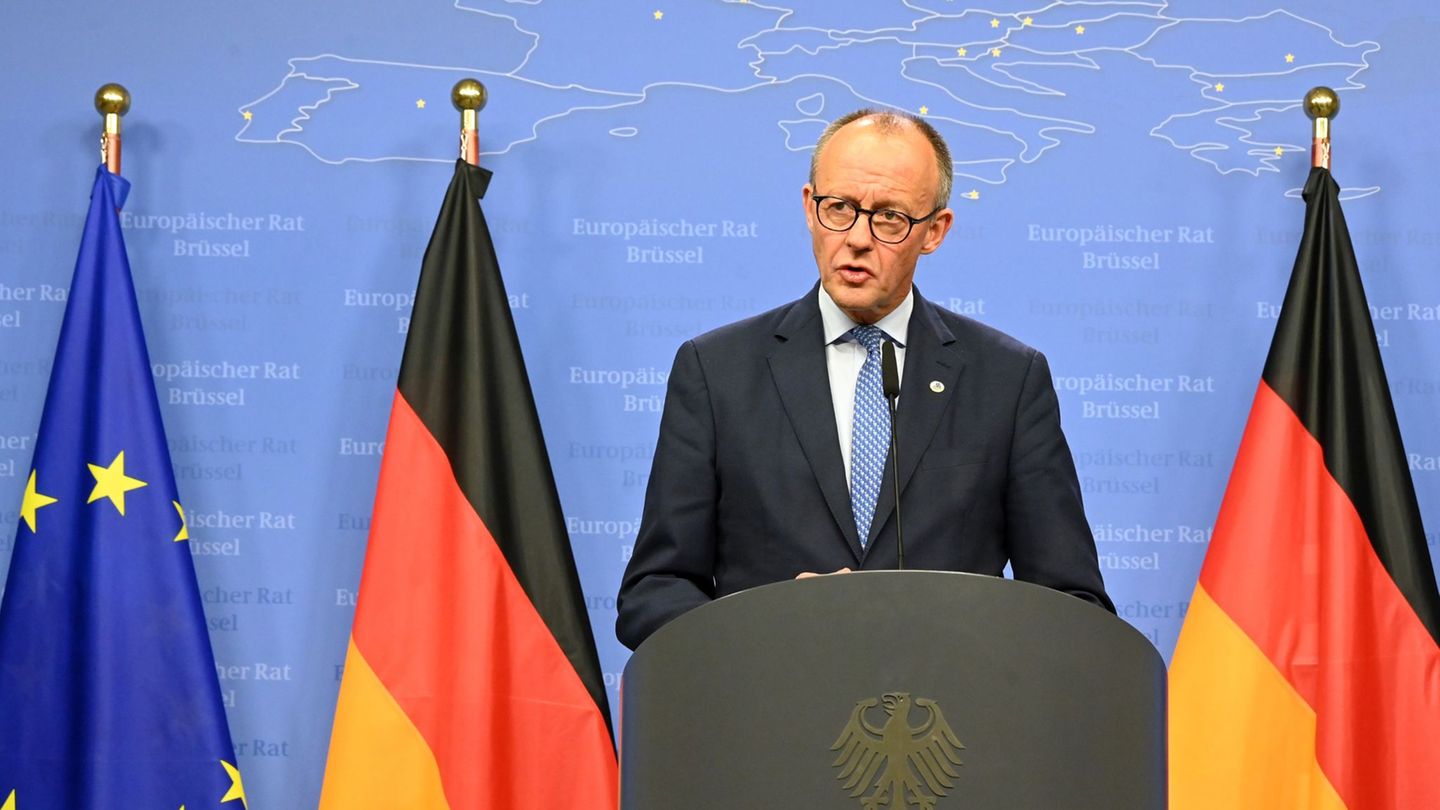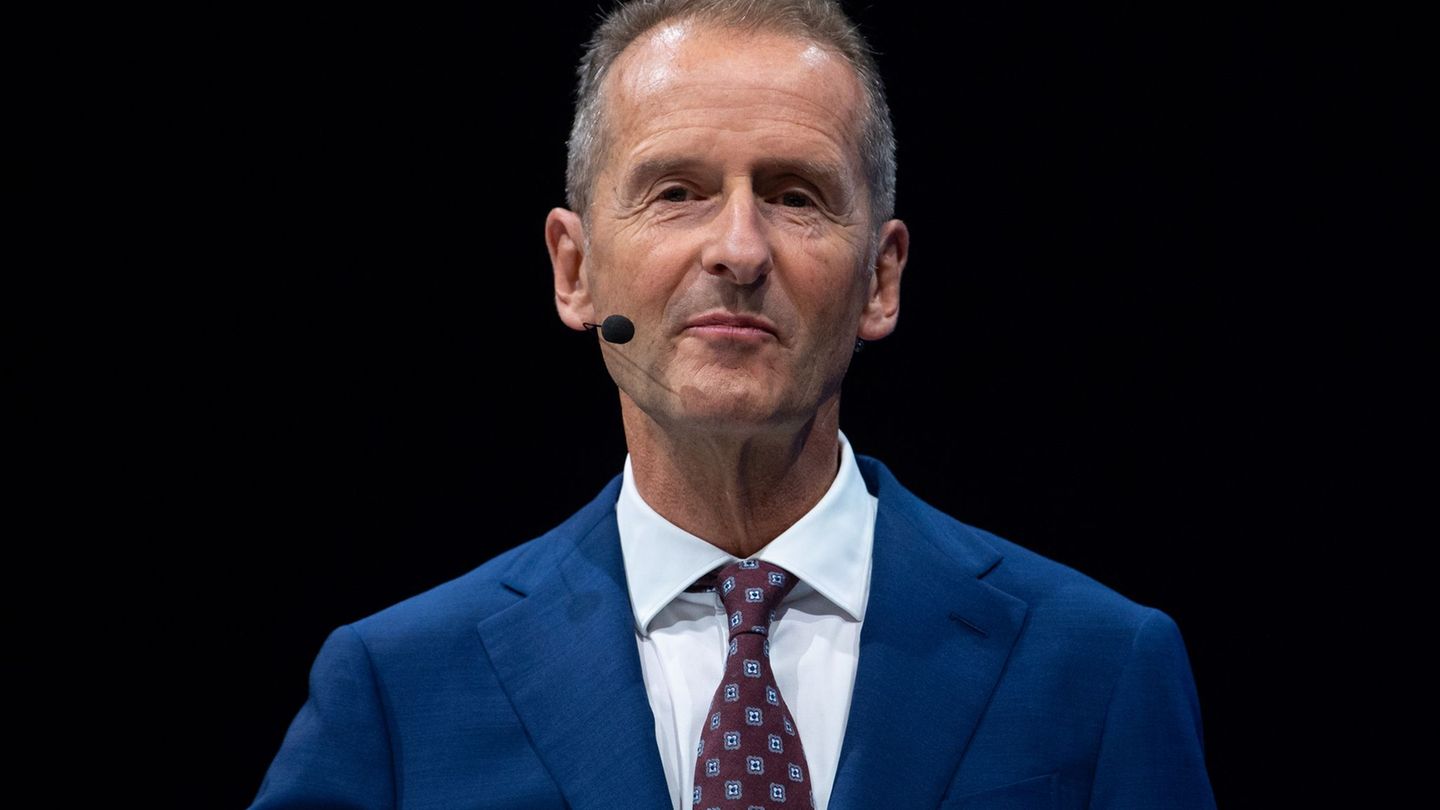The times that the next government will have to face Uruguay They will not be simple, marked by a “delicate” fiscal situation and the “headwind” at a global and regional level, as explained by the director of the Center for Studies of Economic and Social Reality (Ceres), Ignacio Munyo.
No room to rise taxes, with a debt higher than in 2019 and a more expensive economy that those of Brazil, Argentina and Europe that will further limit the authorities’ room for maneuver in a State that “is not operational at the level required in current times.” This was the diagnosis that Munyo made during his presentation at the Ceres Breakfast, which revolved around reflections in the preview of the election year, under the question of what do you need Uruguay to advance on the path of development.
“We are concerned about the tax situation“We have a higher debt than before the pandemic,” was one of the questions that the economist put on the table, along with the guests’ coffee. “We continue to have a similar expense” as in recent years, he noted: at the end of 2019, the expense was 30% of the Gross Domestic Product (GDP)while currently it is in 30.2% of GDP.
Although the historical drought had a lot to do with these figures, Munyo warned that “spending will continue to rise in the coming months.” “The next government is going to take office with a delicate fiscal situation and a unfavorable external context”, he noted.
“There is not going to be a wind that drives us in the coming years so that the Uruguay can grow,” he said, and pointed out that growth will depend on how an economy that is expensive and will continue to be so is managed; even in a positive scenario in which the exchange difference with Argentina may be reduced, depending on the measures taken by the new government of Javier Milei in the neighboring country.
A State that is up to the task
Although Munyo highlighted that the macroeconomic management It is a “State policy, valued positively by investors and international risk rating agencies,” he also recognized that “the State is not operational at the level required in current times.”
As an example, he pointed out the programs that are not channeled or reached correctly to the beneficiaries—whether they are early childhood support programs, housing programs, or others. “Numerous management positions are needed in ministries, with salaries competitive with the private sector, to improve public management“, considered the director of Ceres.
Along the same lines, Munyo explained that Uruguay must aim to close the gap it has with small developed countries and of similar institutional quality. And, for this, a State that is up to the task—with authorities convinced of advancing a development agenda—will be key.
On the one hand, in terms of international insertion. “Uruguay should take the lead” to advance in the Alliance for Economic Prosperity of the Americas (APEP) that raises USA and there is “a window of opportunity” to be a full member of the Organization for Economic Cooperation and Development (OECD)he explained in front of those attending the event.
On the other hand, although strongly related, it will be necessary togreater export offer with sectors that are within reach (for example: renewable energy, irrigation for agriculture and livestock, fishing) but that require greater investment.” “We would have to invest 5 billion more per year“said Munyo.
The plebiscite, the stone in the shoe
During his presentation at the Ceres breakfast, Munyo also referred to the plebiscite against social security reform that pursues the PIT-CNT, which he considered “risky.”
“The plebiscite proposal—if approved—brings us closer to Argentina, which is the worst country in the global pension index”, he expressed, also harsh with the comparison with the neighboring country. “It is a huge problem that complicates the entire development agenda that has Uruguay”, he added.
Regarding the current union situation in the country, the director of Ceres also emphasized that it is necessary make labor regulations more flexiblesince collective bargaining should not be synonymous with rigidity, as happens in the country.
Source: Ambito




